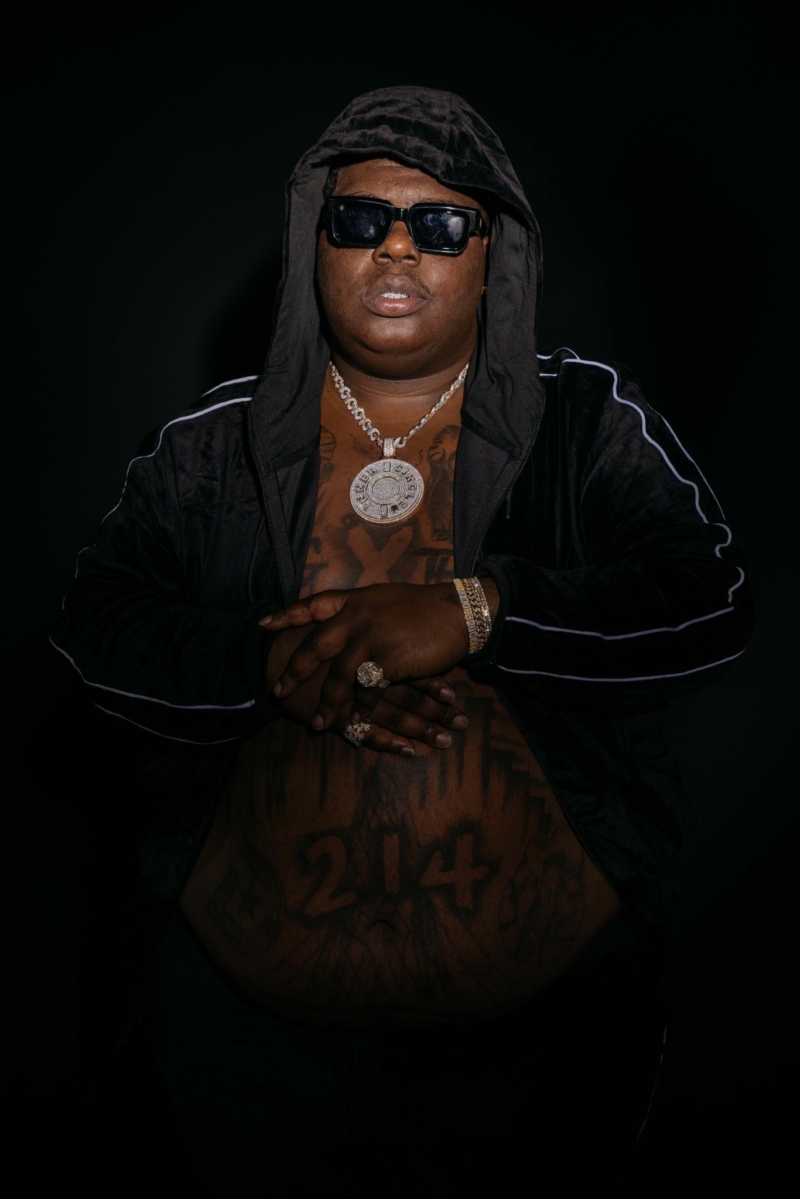
His willingness and aptitude for talking seriously and relatably about the black American experience, Lamar is forgiven for unvarnished lyrics we'd scoff at were they delivered by Lupe Fiasco, or that we'd tolerate from Talib Kweli. For many, his music provides a corrective to what they see as the vapid vulgarity of trap, a belief that persists despite his repeated references to women as "bitches".

The truth is that people project on Lamar whatever they want him to be. Heels were dug in, despite the reasonable opportunity for self-assessment in the face of some rather well-argued devil's advocacy. The pointed piece prompted a promising bit of debate online, but as can be expected it devolved into predictable factionalism 140 characters at a time. The closest we've come thus far was critic Justin Charity's hackles-raising essay for Complex, in which he questioned the legitimacy of the overwhelmingly positive reviews for To Pimp A Butterfly. Yet the exceptionalism surrounding our collective discussion of him and his work deserves a good prodding. These are the tiresome worries of tedious people, but it inadvertently raises the related issue of how we talk about Kendrick Lamar.Īny notion that Lamar is somehow above rap remains problematic naïveté at best and thinly veiled racism at worst. Some might've concluded that he previously proved himself to be an album artist, therefore Untitled Unmastered must be an album. With eight tracks clocking in around thirty-four minutes, Lamar's latest has been described as both EP for length, and compilation for content. Upon its surprise release late last week, Untitled Unmastered got that drab format discussion going again. Yet all could agree on one thing in these tumultuous times: it was an album. White critics marvelled at its blackness black critics respected its realism. Furthermore, the press acclaim for To Pimp A Butterfly was near universal, albeit reflecting one's own experiences in the details. A cohesive and thematically engaging endeavour, the project challenged hip hop's prevailing singles culture at a time when the sales outlook for rap albums looked its bleakest. Last year's To Pimp A Butterfly rightfully cemented the West Coast rapper's place as a 21st century album artist. So it was only a matter of time before Kendrick Lamar arrived on the scene to needlessly stir this pot of semantic gruel further.

Drake, Future, and Young Thug have done their fair share to complicate matters by further blurring the obsolete definition of what counts as an album with their 20 full-length projects.

Improved digital distribution and shifts in consumer behaviour over the past several years transformed mixtapes from what was often an uneven though often effective promotional tool into the primary source for rap music. The most boring conversation in hip-hop right now is the album versus mixtape debate.


 0 kommentar(er)
0 kommentar(er)
